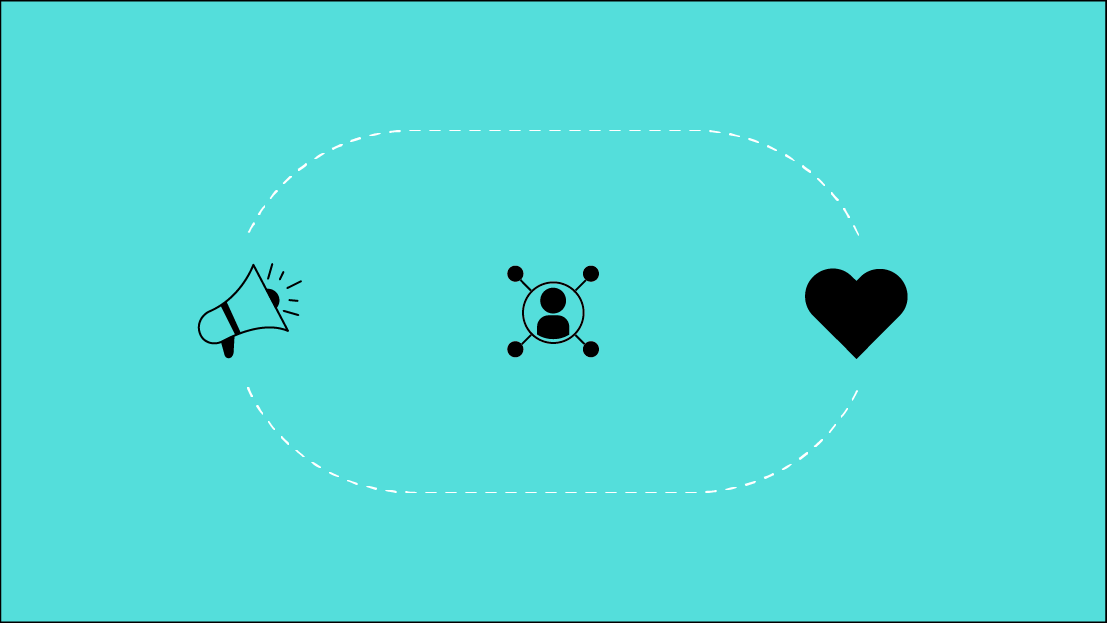At Seer, we’re the first to admit that we aren’t perfect.
While we strive to be better partners to our clients every day, we know that no matter how good we get at retention, losing clients is just the nature of being in the business.
When we do lose clients, regardless of our ability to control the outcome, it hurts. But, with hurt comes reflection, and with reflection comes growth. While we love celebrating client wins, we end up growing and becoming a better and stronger company by learning from the losses.
Here are a few things we learned from losing a significant client, as well as a plan for incorporating these learnings into our day-to-day to help move the rest of the team forward.
Prioritize developing deep and broad relationships with your clients to be long term partners
Developing relationships that go beyond status calls and project plans is crucial. There can be a lot that’s lost in translation when sharing learnings with higher-ups.
If we aren’t able to demonstrate the value and reasoning behind what we are doing and why, it becomes more difficult to set ourselves up for success.
Keep in mind that your main point of contact can cherry-pick what he or she wants to share with his or her boss. If flags are being raised, get on a call early and with all parties. Make sure there are no surprises and that everyone is satisfied with an action plan to move forward.
Be mindful of working with multiple time zones
At the end of the day, our goal is to make our clients’ lives easier.
In order for that to be achieved, we need to have empathy and put ourselves in their shoes. If you’re working with clients in multiple time zones, make it so that they don’t even notice the time difference between your office and theirs.
Let’s say they’re in Europe and you’re in the US, send them deliverables to review by your end of day, so they wake up to something before you get to work that day. Once the time difference becomes relevant, it will create inefficiencies and cause problems.
Establish relationships with agencies working on the same project
If there are multiple agencies working with the client, make sure communication is streamlined. Ultimately, we’re all working together with the common goal of helping the client achieve their goals.
When multiple agencies get thrown in the mix, over-communication is critical. Set up a cadence of meetings to ensure that you’re top of mind when working together. For example, if deadlines are set that effect your team, make sure you’re part of that conversation.
Be mindful of the conversations that may be happening when you’re not there.
Always over-communicate
At Seer, we always say that over-communication is better than the alternative. If a client sends an email and you’ve read it but don’t have an update, simply write them back! Let them know that you confirmed receipt and give them a date when you’ll get back to them.
This builds trusts and lets the client know you’ve got their back.
Ensure expectations are constantly managed
From the beginning of your engagement with your client, make sure that you’re mutually aligned on expectations. For example:
- Client goals - Are they realistic and attainable? When will they be reached?
- Stages of your process. - For example, we’re not touching our paid campaigns for the next few weeks so we can develop a foundation to ultimately a/b test against to properly measure results and optimize most efficiently.
- Response times - At Seer, we’re jumping from meeting to meeting, and deliverable to deliverable. Some days it’s hard to answer emails in a timely manner. Make sure the client knows that they can expect for example, a response within 24 hours, or to label emails with URGENT for anything that needs immediate attention.
Be proactive. Never make assumptions on your clients’ priorities
Priorities are constantly shifting, and it’s easy to make assumptions on what your clients’ priorities are. Check in with them every week to ask just that question, “What are your priorities this week?” You’ll be surprised to hear how often they change, and how much you learn by asking that simple question.
Be direct, ask questions, and offer solutions. Make sure we are on the same page and working together as a team, instead of doing just what we think is right for the client.
If you’re a big team, make sure there’s one person who is responsible for owning the relationship
Establish monthly relationship meetings outside of your traditional status calls to touch base on the status of the partnership. Ask open ended questions that gets the client talking about what’s working well and what’s not.
Think of it as a client therapy session! If you ask thoughtful questions and let the client vent, you’re able to uncover surprises early on and work on a plan to resolve them. You’ve opened the door for feedback.
Trust is built when you’ve proven to the client that you’ve taken that feedback to the team and changes are made.
----
Have learnings that you’d like to share or experienced similar growing pains? We’d love to hear your feedback in the comments below, directly, or on Twitter.
Digging what you’re reading? We’re building out a whole library of client management tips in our LABS section.. Feel free to check 'em out, and let us know what you think.


